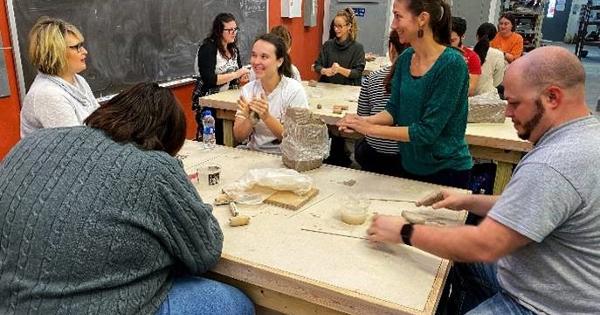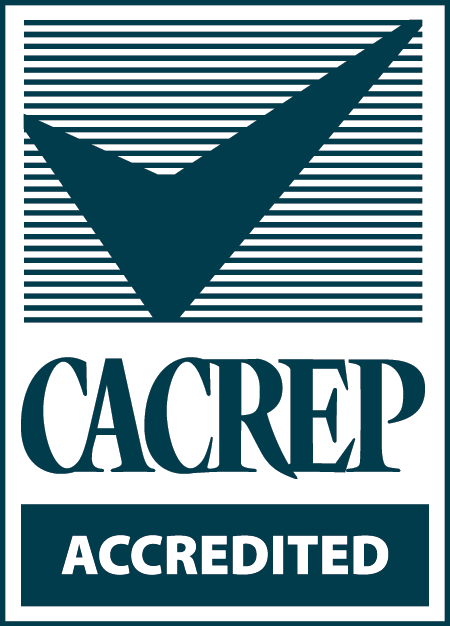
The Clinical Mental Health Concentration
The program is accredited by the Council for Accreditation of Counseling and Related Educational Programs (CACREP). In 2013, we changed the name of this concentration to Clinical Mental Health Counseling from Community Agency Counseling.
The clinical mental health concentration is designed to prepare students for counseling in community mental health centers, private practice, substance abuse centers, psychiatric hospitals, correctional facilities, religious organizations, and hospice services. Students may design their program to prepare them for eligibility as a Licensed Professional Counselor (LPC-MHSP; (See also Fact Sheet on Types of Licensure)
 Sam Wilson West Parking Lot C...
Sam Wilson West Parking Lot C... 